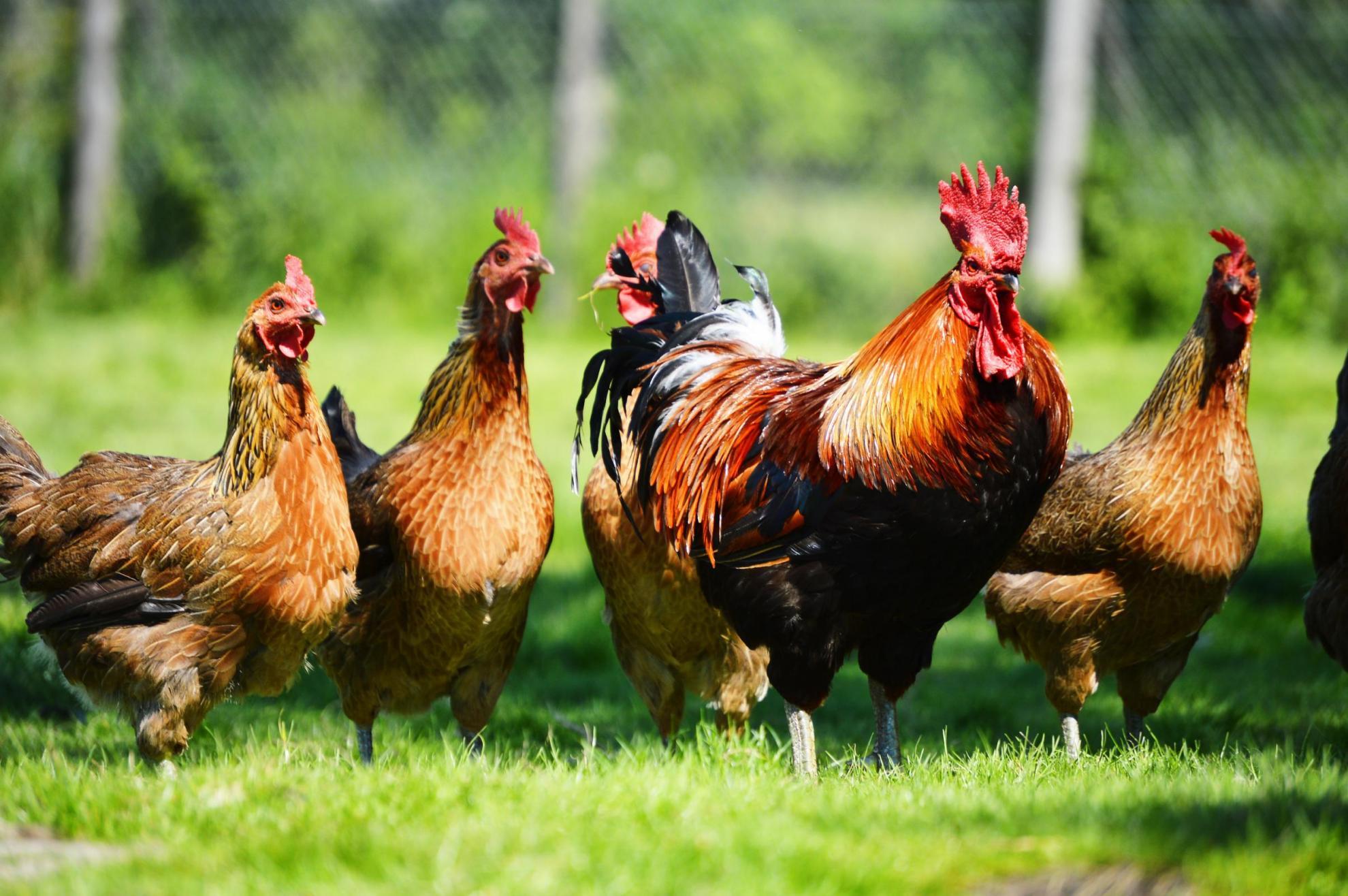Scientists at The Pirbright Institute have identified a new type of immune cell in chickens that is involved in the development of Marek’s disease.
Marek’s disease virus (MDV) is highly contagious and causes a deadly cancer of the lymph nodes (lymphoma) and immunosuppression in poultry, making birds susceptible to secondary infections. MDV is a major threat to the poultry industry, with losses relating to the disease estimated to be up to $2 billion worldwide.
Published in PLOS Pathogens, the research reveals that infection with Marek’s disease virus increases the number of new immune cells, called suppressor lymphocytes, which suppress the chicken immune response. The study also shows that higher numbers of suppressor lymphocytes increase the susceptibility of chickens to lymphoma formation.
Dr Shahriar Behboudi, Head of the Avian Immunology group at Pirbright, said: “Some viruses exploit host immune cells for their own purpose to evade normal host defences. We found that MDV can modulate immune responses by activating suppressor lymphocytes, contributing to immunosuppression and lymphoma formation.”
The scientists also noted that lymphoma cells have similar characteristics to suppressor lymphocytes, meaning they too can suppress immune responses. Combined, these findings identify new pathways that are involved in the development of the disease which can help identify chicken lines that are more resistant to MDV.
This study was funded by the Biotechnology and Biological Sciences Research Council (BBSRC) grant number BBS/N002598/1.
